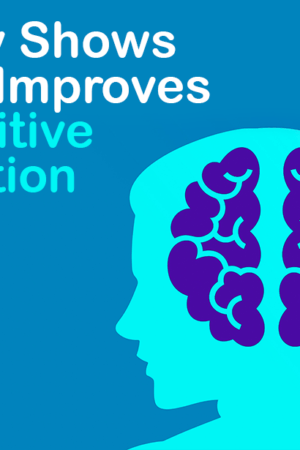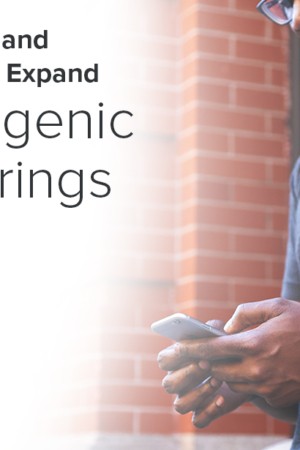When you become pregnant, your body’s needs change. Your hormones go haywire, your uterus expands, you experience changes in your breasts, and your heart pumps more blood. During all these changes, it is important that the mother take the best possible care of herself. A healthy, well-balanced diet is one of the most important routes to a healthy pregnancy, and can have lasting effects on both the health of the mother and child. Doctors often recommend a diet full of whole grains, and with good reason – they contain a lot of nutrients you need. The good news is there are plenty of keto-approved replacements you can use.
Whole Grains and Folic Acid
Folic acid is one of the most important nutrients during pregnancy, as it is instrumental in preventing neural tube defects.
Getting enough whole grains in your diet could make a huge difference in getting enough folic acid for the healthy development of your baby. Foods such as breads, cereals, rice, and pastas can help a woman get her daily dose of folic acid.
For pregnant women on the ketogenic diet, leafy greens are folic acid superfoods, along with asparagus, broccoli, citrus fruits, avocado, and seeds and nuts. It is possible to get enough folic acid on a ketogenic diet, especially if you remember to take your doctor-approved prenatal vitamins and supplements.1
Whole Grains, Vitamins, and Fiber
Another reason why whole grains are beneficial during pregnancy is their high value of important vitamins and nutrients such as fiber, B-vitamins, and magnesium. Many pregnant women don’t get enough of these nutrients. Eating whole grains may also help women meet the increased caloric requirements of pregnancy, since whole grains have more calories than lean meats, vegetables, and other keto-friendly foods.2, 3
Furthermore, fiber from whole grains can reduce constipation, which is very common in pregnancy and can lead to hemorrhoids.4
Pregnant women can find a good balance of these nutrients on the ketogenic diet. It’s important to talk to your doctor about how to get enough of these nutrients. Foods such as lentils, peas, soybeans, salmon, eggs, leafy greens, lean meat, and fresh vegetables are all a boon to the health of the mother and child.
Fighting Pregnancy-Related Disease
The ketogenic diet can be instrumental in staving off dangerous conditions related to pregnancy. Obesity, high blood pressure, and gestational hypertension all mark an increased risk of preeclampsia, which is a dangerous pregnancy complication related to high blood pressure that causes seizures – and sometimes death – in pregnant women.
A study found that women who eat a lot of olive oil, fish, vegetables, berries, and lean meats have a significantly lower risk of developing preeclampsia.5
The ketogenic diet may also help fight against gestational diabetes. Studies find that a low-carb, high-fat, high-protein diet is ideal in the prevention of gestational diabetes.6 Cutting carbs and limiting fruits is tantamount to the prevention of gestational diabetes.7
Eat your leafy greens! Studies show that a low-fiber diet may contribute to gestational diabetes.8 Ketogenic-friendly foods that are high in fiber include almonds, pears, broccoli, brussels sprouts, and avocados.
Make Sure You Have a Consistent, Healthy Diet
If you’re not sure if you can stick with the ketogenic diet throughout your pregnancy, than it might be best to wait. Yo-yo dieting can be harmful to your hormone levels, your metabolism, and worsen inflammation, and is associated with a higher risk for preeclampsia.9
Bottom line? The ketogenic diet, when approached with a sense of balance, can be advantageous to the health of the pregnant mother. As long as the mother-to-be receives enough of her daily required nutrients, and gets an appropriate amount of rest and exercise, she is likely to have a smooth pregnancy.
NUTRITIONAL DISCLAIMER
The content on this website should not be taken as medical advice and you should ALWAYS consult with your doctor before starting any diet or exercise program. We provide nutritional data for our recipes as a courtesy to our readers. We use Total Keto Diet app software to calculate the nutrition and we remove fiber and sugar alcohols, like erythritol, from the total carbohydrate count to get to the net carb count, as they do not affect your blood glucose levels. You should independently calculate nutritional information on your own and not rely on our data. The website or content herein is not intended to cure, prevent, diagnose or treat any disease. This website shall not be liable for adverse reactions or any other outcome resulting from the use of recipes or recommendations on the Website or actions you take as a result. Any action you take is strictly at your own risk.
- A Ketogenic Pregnancy: Is It Safe? - June 20, 2018
- Perfect Keto Nut Butter is, Well, Perfect for Keto - May 14, 2018
- The Silicon Valley’s Favorite Diet? Brain-Boosting Keto - May 11, 2018




